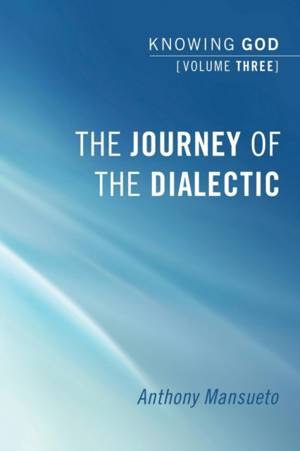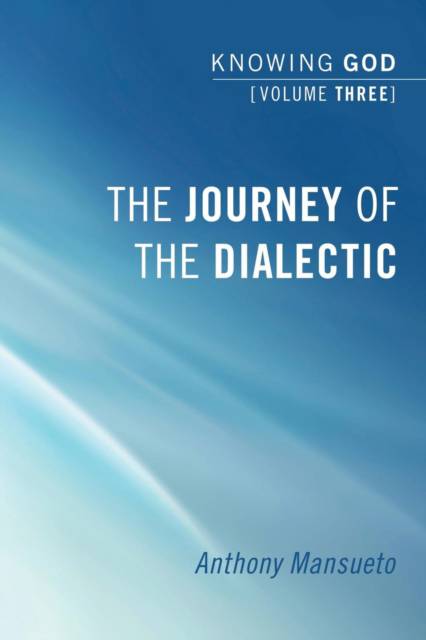
- Afhalen na 1 uur in een winkel met voorraad
- Gratis thuislevering in België vanaf € 30
- Ruim aanbod met 7 miljoen producten
- Afhalen na 1 uur in een winkel met voorraad
- Gratis thuislevering in België vanaf € 30
- Ruim aanbod met 7 miljoen producten
Zoeken
Omschrijving
No discipline has been more uniformly derided for a longer period than metaphysics. Of the ancient and medieval sciences now in disrepute, even astrology and alchemy get better press. The most devastating--and currently the most influential--attack on metaphysics has come from a broad spectrum of thinkers including Kierkegaard, Nietzsche, Heidegger, Arendt, Levinas, Derrida, and Milbank, who have argued that metaphysics is the root of modern nihilism and totalitarianism. Anthony Mansueto puts this claim to the test, developing a historical sociology of metaphysics that analyzes the social basis and political valence of metaphysical systems. Mansueto does this globally and cross-culturally, engaging not only the Hellenic tradition and its extension into medieval Christendom and Dar-al-Islam, but also the Indian and Chinese traditions. Specifically, Mansueto argues that far from representing the roots of nihilism or modern state terror, metaphysics emerges (and continues to be necessary) as a way to ground meaning and value in societies--especially in market societies in which these have become problematic. Metaphysics tends to restrain exploitation and to encourage the redirection of surplus toward activities that promote development of human capacities. Knowing God: The Journey of the Dialectic concludes with an outline of a new dialectical metaphysics that reconciles a Buddhist metaphysics of interdependence in the Hua-yen tradition with a historicized metaphysics of Esse, yielding results that look startlingly like the dao xue, or neo-Confucianism of Song China. Mansueto shows how such a metaphysics can ground meaning and value while answering postmodern concerns to safeguard difference. ""Mansueto's Knowing God diagnoses our contemporary civilizational crisis and lays an intellectual and spiritual path beyond the nihilism, fundamentalism, and culture wars behind that crisis. He reclaims older ways of knowing, not as an exercise in traditionalism and nostalgia, but in order to re-set humanity on a historical journey forward, rooted in God. This provocative book will equally challenge traditionalists, liberals, and post-modernists alike, both intellectually and spiritually."" --Richard L. Wood University of New Mexico author of Faith in Action: Religion, Race, and Democratic Organizing in America Anthony Mansueto is President and Senior Scholar at Seeking Wisdom.
Specificaties
Betrokkenen
- Auteur(s):
- Uitgeverij:
Inhoud
- Aantal bladzijden:
- 402
- Taal:
- Engels
- Reeks:
- Reeksnummer:
- nr. 3
Eigenschappen
- Productcode (EAN):
- 9781556359873
- Verschijningsdatum:
- 7/04/2010
- Uitvoering:
- Paperback
- Formaat:
- Trade paperback (VS)
- Afmetingen:
- 150 mm x 226 mm
- Gewicht:
- 544 g

Alleen bij Standaard Boekhandel
+ 138 punten op je klantenkaart van Standaard Boekhandel
Beoordelingen
We publiceren alleen reviews die voldoen aan de voorwaarden voor reviews. Bekijk onze voorwaarden voor reviews.











